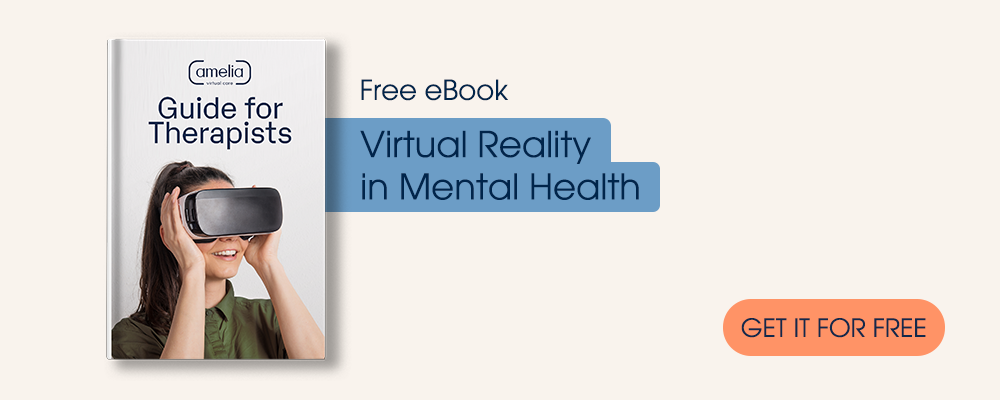The 4 ways that the pandemic may have impacted your perception of work
The COVID-19 pandemic has affected us all, especially at work. But, in what ways? We take a look at how the global health event may have shifted your perceptions of the office and impacted productivity.
The COVID-19 pandemic has caused an uproar across different industries and societies. No one could (nor wanted to) imagine the duration of this global calamity and its impact. While it is clear that economies suffered, people died and health systems collapsed, the psychological consequences on the actual labor force remains to be defined.
In today’s post, we provide a brief glimpse into the possible implications of the continual remote working for some, massive layoffs, return to the office and existing risk of COVID-19 infection. Although some benefits for the worker psyche are present, we will see that disengagement, lack of purpose, fear and anxiety appear as undesirable leitmotifs.
1. “I don’t feel like working more…”
This expression may become more and more common, as individuals find themselves disengaged like never before.
The lack of motivation at works could come from the fact that workers have lost a defining feature of work environments— the ability to socialize with colleagues. Before the pandemic, colleagues could stop by the water station, chat over different matters of life and even forge new friendships. However, since the sudden switch from daily, face-to-face interactions to non-stop Zoom meetings, the humdrum of keyboards clacking has become all too overpowering.
We do not have those “social breaks” to disrupt the monotony of a factory-line work space.
Yet, as human beings, we seek this engagement as a means to bear witness to evolution and change. It provides us with the possibility to adapt and evade the insidious nature of invariability.
2. “I’m anxious about going back to the office…”
With the COVID-19 vaccine rollout in full action and many individuals vaccinated worldwide, companies are preparing to welcome workers back into the office. However, while some could be excited at the prospect, others may not share the same degree of enthusiasm. After the pandemic, many people have developed some degree of agoraphobia.
Some people may begin to feel a sense of dread and anxiety at the thought of a post-pandemic office.
- Will the risk of COVID-19 infection still be high?
- Will the communal space be safe and if so, according to what criteria?
- How does management plan to address the transition from remote working to in-office working?
These questions are just a few of many. Yet, they reflect the uncertainty of a labor world after the pandemic and the understandable uneasiness at both mental and emotional levels.
3. “I lost my previous job. Why would I change this one now? At least it gives me a steady income…”
Unfortunately, due to the pandemic and business closings, many lost their jobs and along with it, income and a sense of security. What does this all mean then?
Well, it could represent the internalization of a risk-adverse mindset as a defense mechanism.
A new job may not bring personal satisfaction, but it is okay to keep because of its apparent stability. A new job may not pay well, but it is okay. It is income, regardless.
However, too many messages of this kind with the accentuated “but” could have an effect that trickles into peoples’ decision-making processes about changing jobs and progressing. The lack of change for fear that stability will be sacrificed may result in decreased quality of life and work productivity.
4. “Hold on, honey. Let me just answer my boss’s WhatsApp.”
The pandemic has accelerated the digital evolution, showing that employees can work from within the comfort of their homes. With a computer, good internet connection and a meeting platform, work productivity can remain constant or even improve.
However, at what cost could this digital change come?
It may translate into a 24/7 connection to devices wherein individuals may experience decreased concentration, cognitive and emotional overload and possible exploitation. In the more severe cases, it could even generate a type of “workaholism” that causes high levels of stress and may affect family and friend relationships.
The uncertainty and fear triggered by the COVID-19 pandemic have caused many to have stress and anxiety. That’s why Amelia Virtual Care has committed to continue offering virtual reality (VR) solutions for mental health professionals. Use of VR technology in therapy has been shown to be efficacious. If you’re interested in seeing VR in action and its possible benefits for mental health patients, contact us to set up a free demo session. We’d be glad to speak with you!














